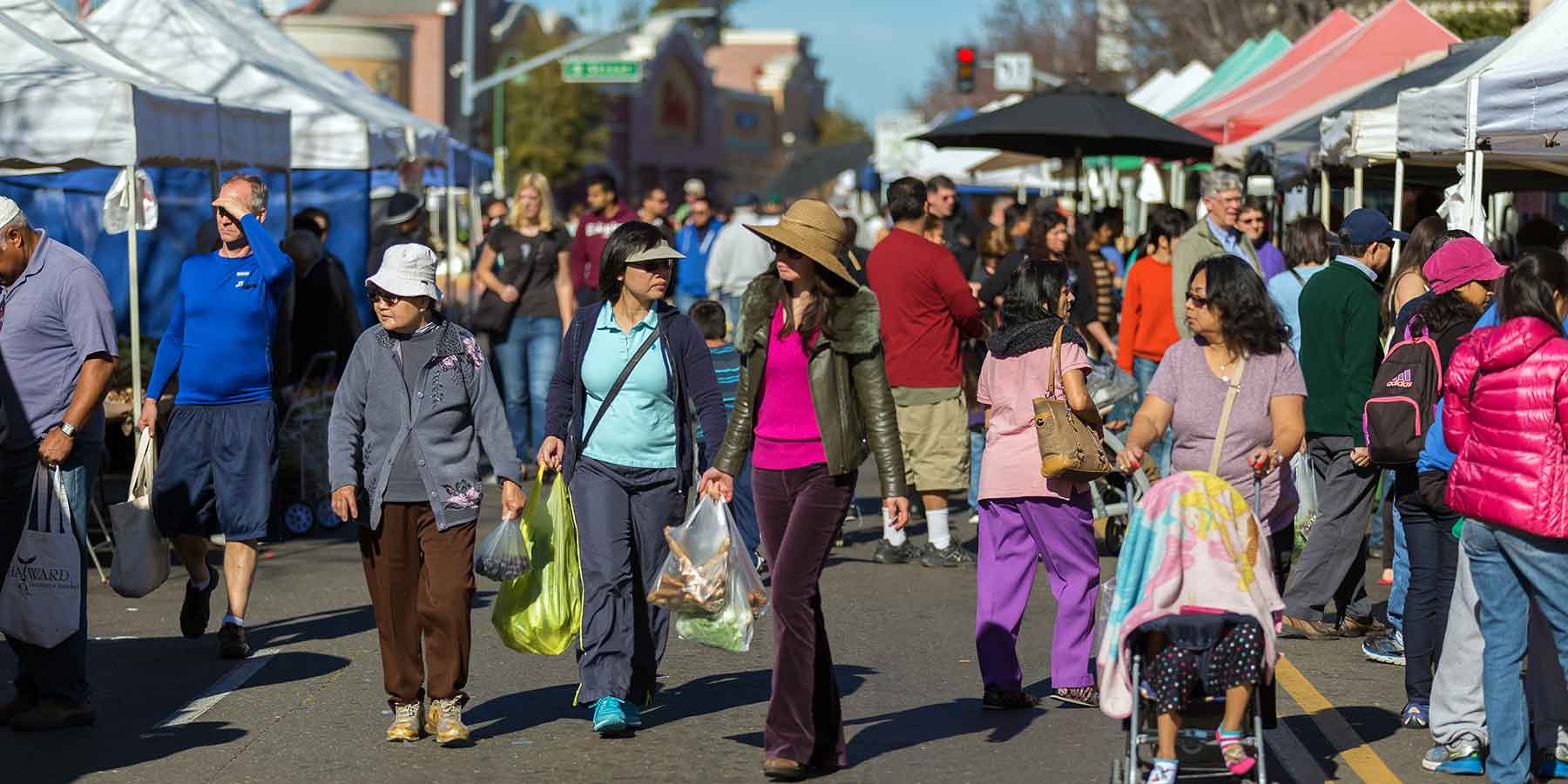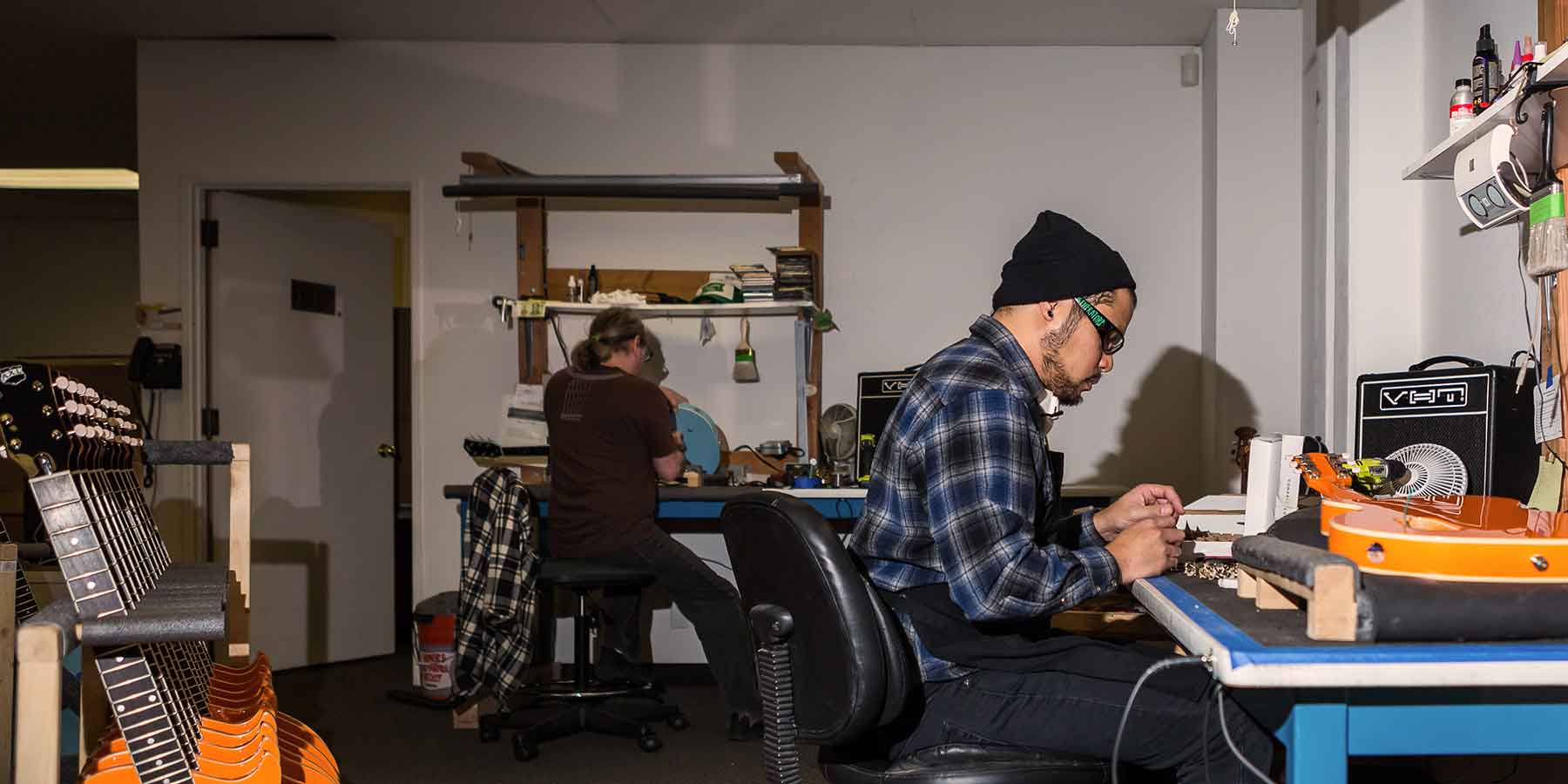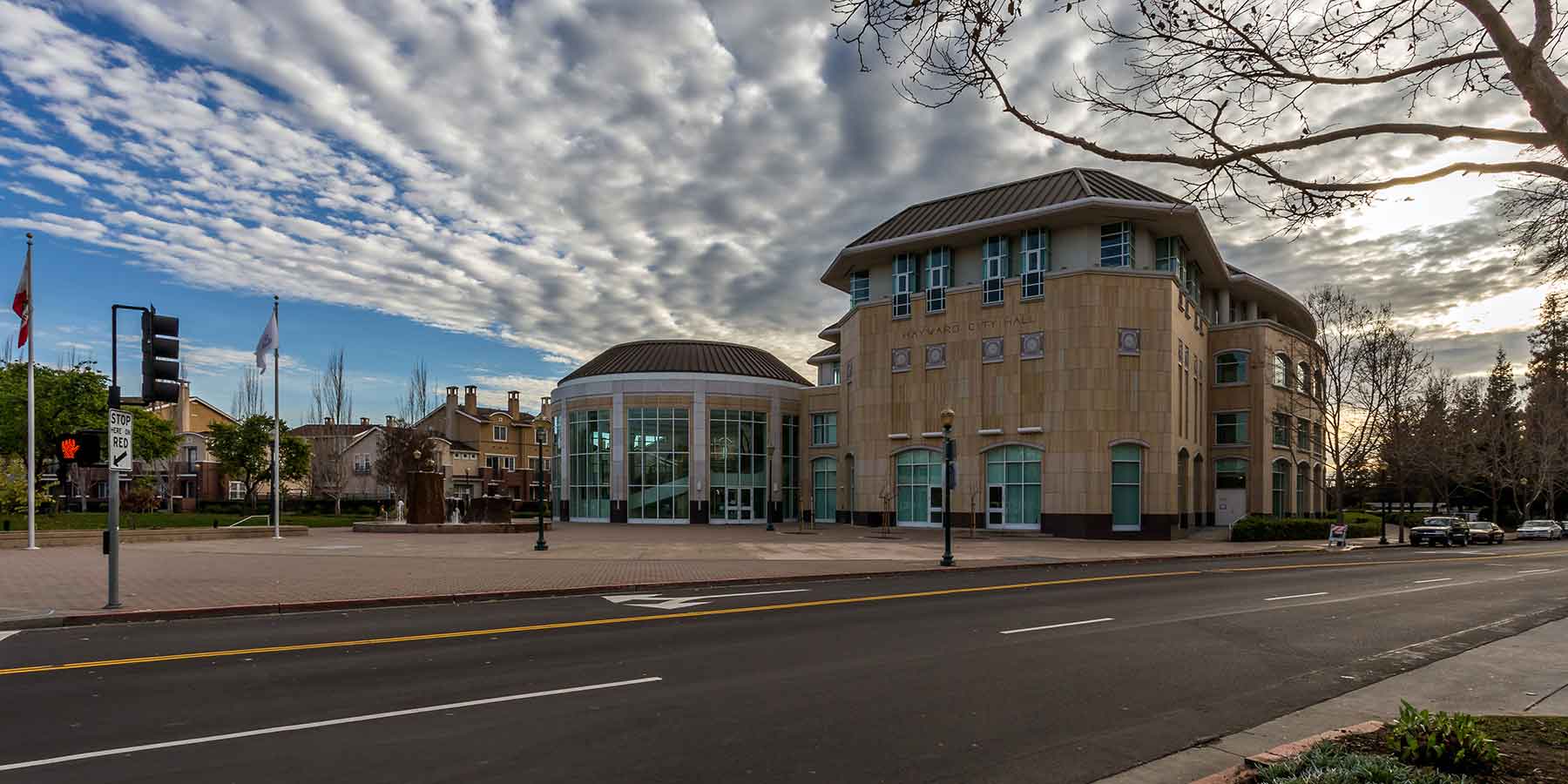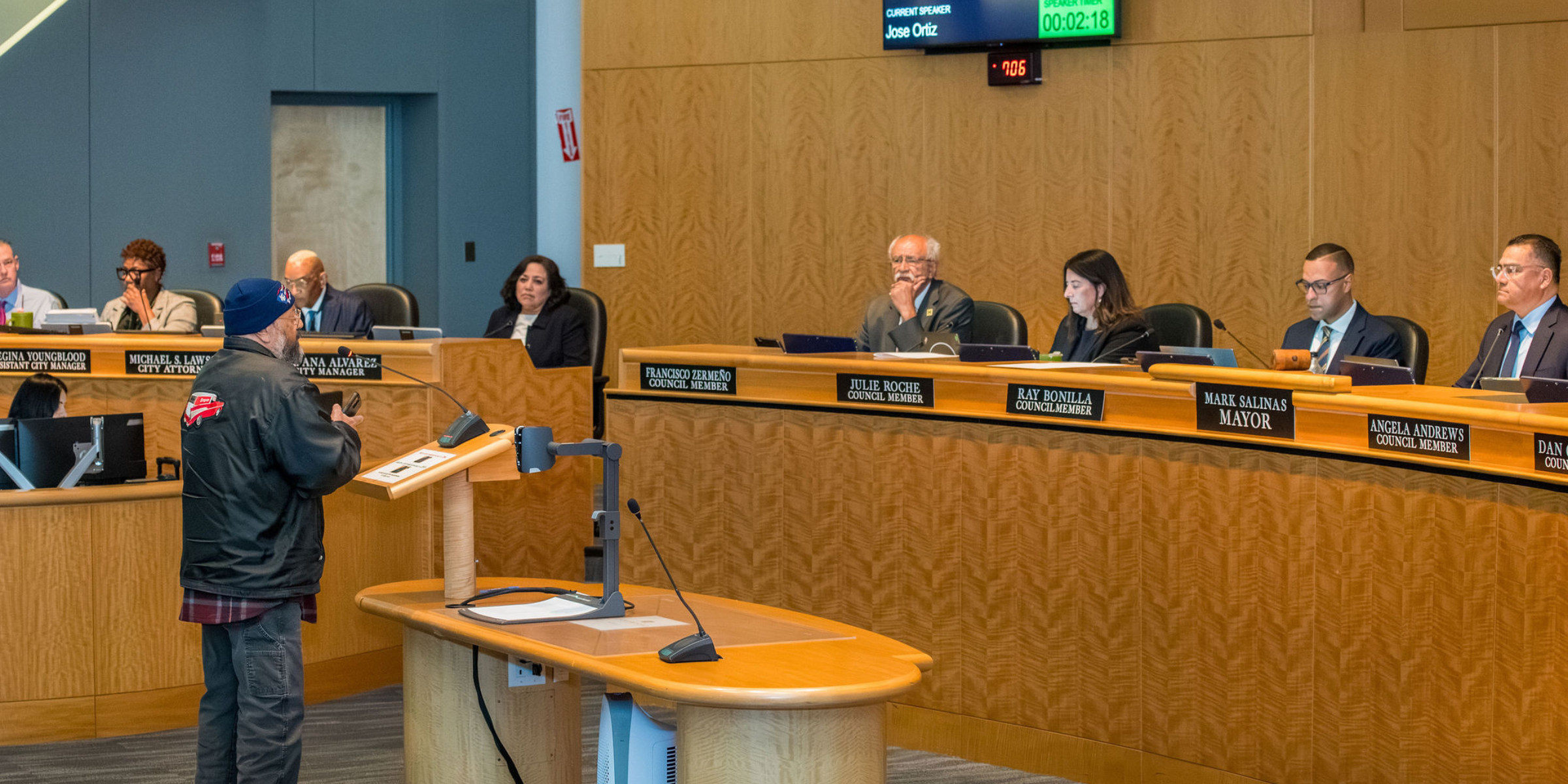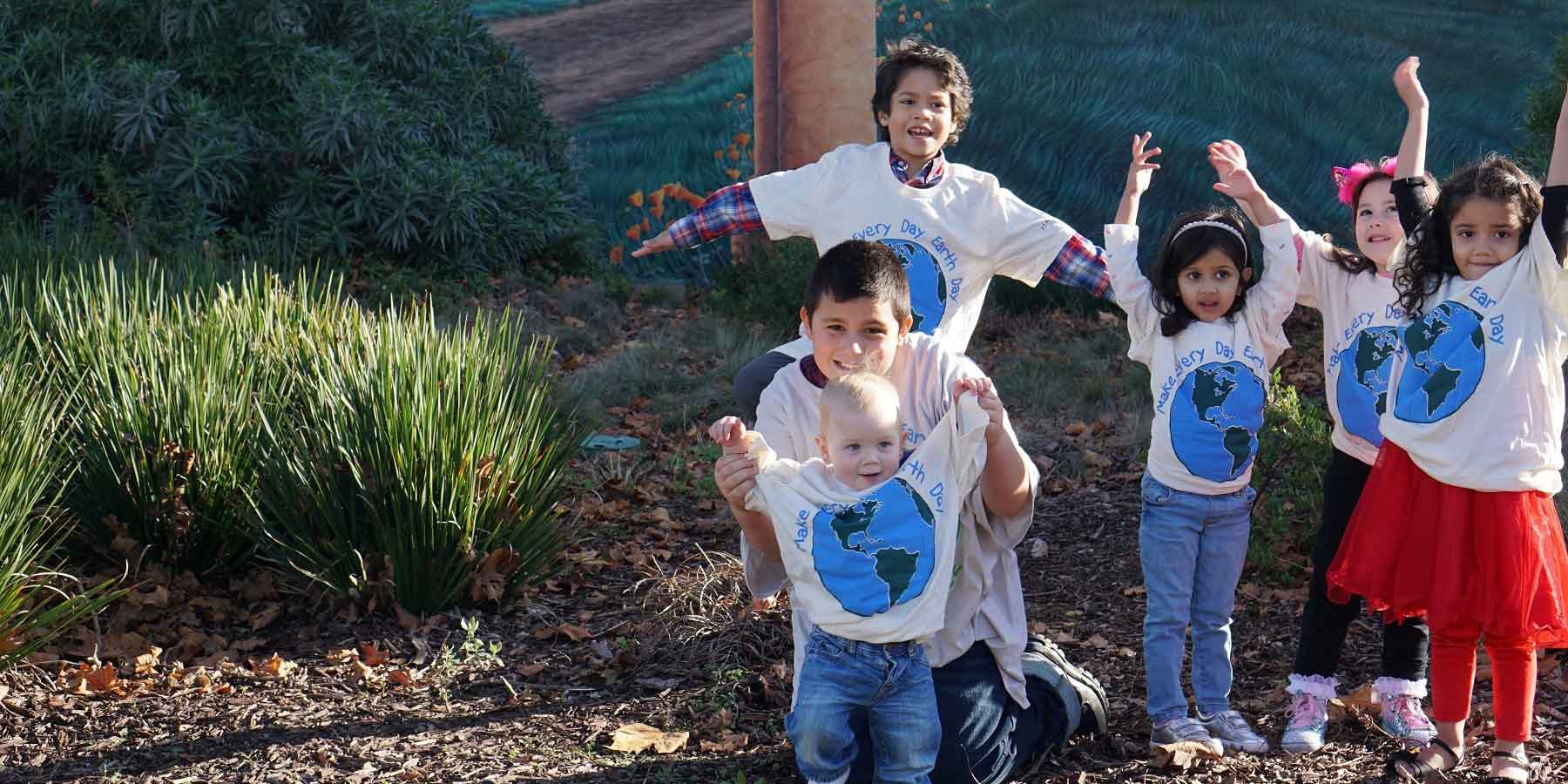Food Recovery
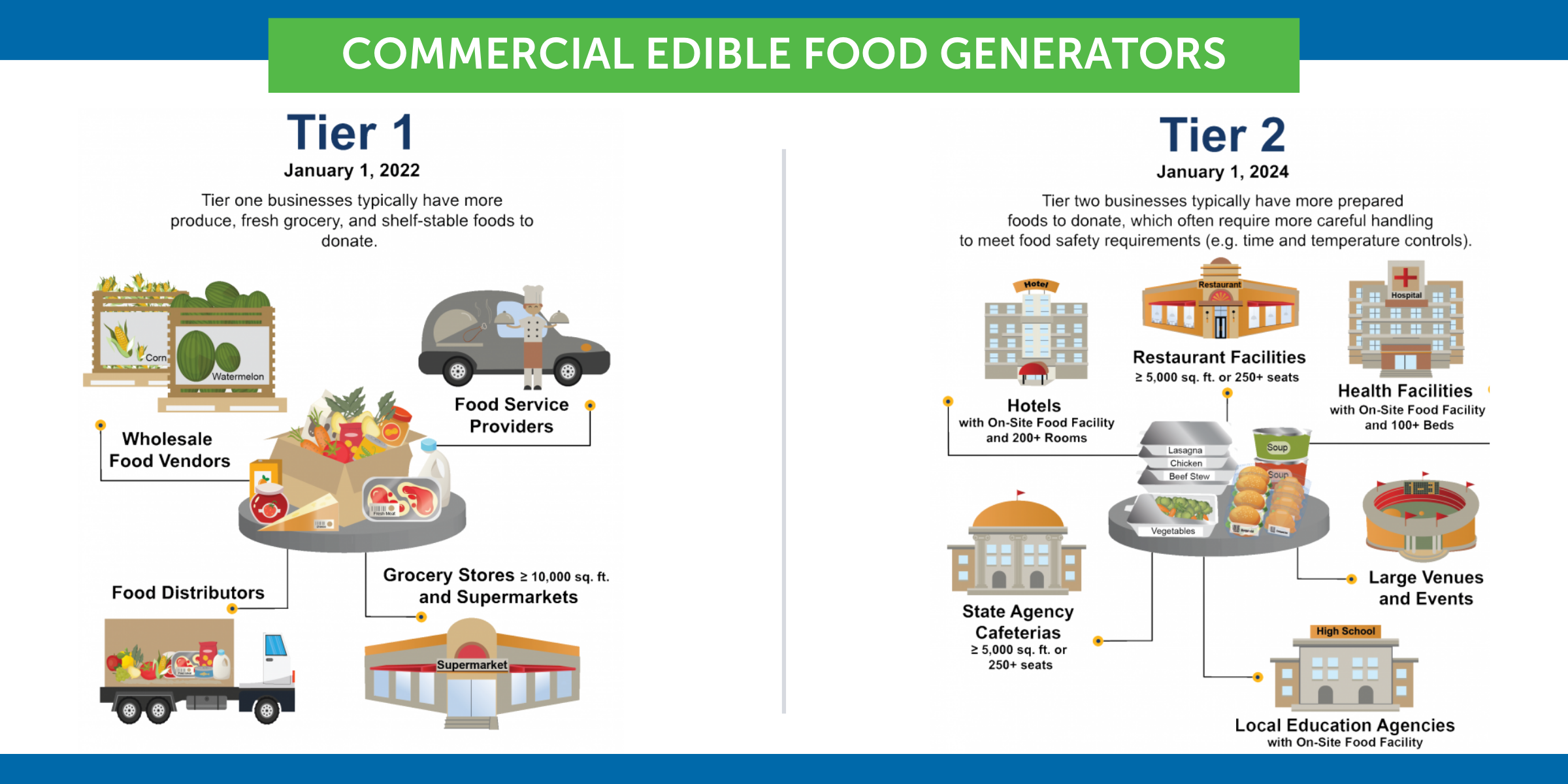
Highlights & Opportunities
Hayward food recovery organizations leading the effort
Community Based Organizations in Hayward have developed their own networks. Partners that are crucial to this work include Dig Deep Farms and Daily Bowl.
The County’s partnership with Dig Deep Farms has demonstrated a coordinated effort to move towards a circular economy that includes food recovery, farming, and second chance employment opportunities. Organizations like Daily Bowl, a food recovery organization and consultant on SB1383, act as “connectors” and coordinate transporting recovered food across the Bay Area with food resource partners like South Hayward Parish.
Another example of a connector organization is Forestr.org which focuses on gleaning, the practice of collecting excess harvest, from both private and public land fruit trees and redistributes the produce to food resource partners across Castro Valley, Contra Costa, and Hayward.
Nine food recovery organizations (FROs) in Hayward including South Hayward Parish and Hope 4 the Heart put Hayward on the map for its food recovery efforts. In 2022, Hayward FROs ranked 2nd in the County in total pounds recovered out of 17 jurisdictions reporting 2,041,065 pounds of recovered food.
| Organization | Address | City |
| New Genesis Baptist Church | 27745 Tyrrell Avenue | Hayward |
| New Life Christian Church | 1265 B Street | Hayward |
| Salvation Army Hayward | 430 A Street | Hayward |
| San Lorenzo Family Help Center | 20960 Corsair Blvd | Hayward |
| South Hayward Parish | 27287 Patrick Avenue | Hayward |
| The Peace Haven | 1063 A Street | Hayward |
Support needs for for partners crucial to this work
Dig Deep Farms is currently housed in the Alameda County Deputy Sheriffs Activities League (DSAL), championed by late Supervisor Wilma Chan.
Partners have expressed concerns with this work being housed in the Sheriff’s Office due to lack of community trust. DSAL staff has also communicated that they are seeking a new community partner to take on the administration and operation of Dig Deep Farms. Tri-CED Community Recycling has expressed interest in fulfilling this role. City staff is currently considering a proposal and funding request from Tri-CED which would incorporate Daily Bowl and other food recovery organizations.
Limited local warehouses with refrigeration presents barriers to food distribution
In this past year, two organizations have reached out to the City asking for help to find warehouse locations with and without refrigeration including the San Leandro Family Help Center, which the City helped identify a temporary location at the old Skywest golf course clubhouse.
The City’s Community Services and Economic Development Divisions have worked together to identify warehouse locations; however, warehouses with refrigeration in the area is extremely limited. As the City builds upon their emergency preparedness plan, addressing solutions to the limited warehouse spaces with refrigeration will be essential. Industry partners and the Hayward Area Parks and Recreation District will be key to finding solutions to this gap.
Increased demand for recovered foods may impact Hayward commercial businesses
Senate Bill 1383 (SB1383) aims to keep food and other compostable materials out of landfills to reduce emissions that contribute to climate change. In Alameda County, the law is implemented and enforced under the Organics Reduction and Recycling Ordinance (ORRO), adopted by Council on November 16, 2021.
In addition, SB1383 requires Tier 1 (supermarkets, grocery stores, wholesale food vendors) and Tier 2 (restaurants facilities, hotels, large venues) commercial edible food generators to recover the maximum amount of their edible food that would otherwise be disposed. StopWaste and partners provided insight on how Tier 2 organizations are facing challenges complying with SB1383 requirements and that regional infrastructure is needed.
Tier 1 enforcement began in January 2022, with many Tier 1 generators in compliance due to already existing infrastructure. Enforcement for Tier 2 generators will begin January 2024. Many Tier 2 generators like local larger scale restaurants and hotels do not have existing infrastructure in place or may not be aware of these new state requirements, which could result in continued food waste and fines up to $500.
StopWaste hosts resource groups and offers technical support around SB1383 response. However, the issue requires a more localized solution in an equitable, Hayward-centric manner.
What else did we learn
Existing Assets
- The Alameda County Food Recovery Network, hosted by StopWaste, includes several food recovery organizations and services throughout the County and in Hayward. StopWaste has compiled resources and created a reporting portal to assist with the implementation of SB 1383. StopWaste has plans to create a mapping tool in the coming year to map food generators and food recovery organizations.
- The City’s Environmental Services division is taking steps to address the compost mandate in SB 1383.
Challenges & Gaps in Service
Food recovery is a fairly new industry. Food recovery organizations expressed a need for more centralized coordination to be able to more efficiently identify food generators and agencies that need food. Currently, they are mostly relying on peer-to-peer connections. There are apps available to provide this tracking, but usage is still inconsistent.
As cities are required to purchase locally-generated compost, there is not yet a clear plan on how to distribute compost to end users, which is anticipate to be resource intensive.



